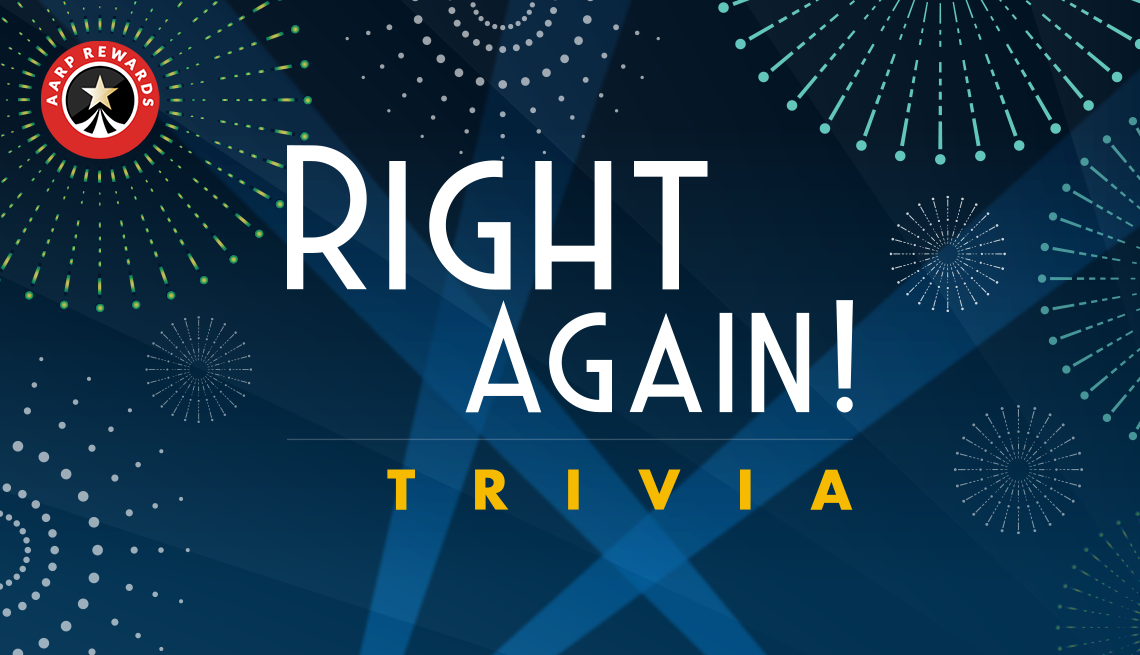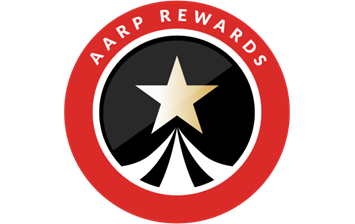@k233680lwrote:
I will be 66 in July and will receive my first social security check in August. I am still working. The way I understand it is that earnings I make after age 66 will not be taxed by social security. Correct? Also, I signed up for Medicare Part B when I turned 65 but not Part A since I have my own coverage at work. I will apply for Part A when I retire with no penalty because I am working and work for a large company and am provided insurance through them.
Guess you might need to clarify what you mean by Social Security "taxes" since everybody is interpreting what you mean by these "taxes".
You will still pay payroll taxes for Social Security and Medicare while you are working. However, depending upon the amount and how long you work, this will add to your Social Security benefit.
So when you actually stop working, make sure that you ask Social Security to determine your new benefit amount.
At Full Retirement Age (FRA) you will not have anything deducted from your benefit amount because you are continuing to work.
However, there is a tax on your benefit, acually 1/2 of it) if you meet the income threshold.
https://www.irs.gov/faqs/social-security-income
from the link:
The net amount of social security benefits that you receive from the Social Security Administration is reported in Box 5 of Form SSA-1099, Social Security Benefit Statement, and you report that amount on your income tax return (Form 1040, line 20a or Form 1040A, Line 14a). The taxable portion of the benefits that's included in your income and used to calculate your income tax liability depends on the total amount of your income and benefits for the taxable year. You report the taxable portion of your social security benefits on Form 1040, line 20b or Form 1040A, line 14b.
To find out whether any of your benefits may be taxable, compare the base amount for your filing status with the total of:
- One-half of your benefits; plus
- All of your other income, including tax-exempt interest.
The base amount for your filing status is:
- $25,000 if you're single, head of household, or qualifying widow(er),
- $25,000 if you're married filing separately and lived apart from your spouse for the entire year,
- $32,000 if you're married filing jointly,
- $0 if you're married filing separately and lived with your spouse at any time during the tax year.
If you're married and file a joint return, you and your spouse must combine your incomes and social security benefits when figuring the taxable portion of your benefits. Even if your spouse didn't receive any benefits, you must add your spouse's income to yours when figuring on a joint return if any of your benefits are taxable.
You can figure the taxable amount of the benefits in Are My Social Security or Railroad Retirement Tier I Benefits Taxable?, on a worksheet in the Instructions for Form 1040, Instructions for Form 1040A, or in Publication 915, Social Security and Equivalent Railroad Retirement Benefits.
As to your question about Medicare - Part A and Part B - I believe you have them confused.
Part A is your Hospital Coverage and is premium free as long as you have worked and paid into the system for a number of years - I think, it is 10 years. Usually employer coverage works with Part A.
Part B is your doctor coverage (and other stuff) and when you sign up for it - there is a monthly premium to pay - for 2018, the basic premium is $ 134 per month and will be deducted from your Social Security check when you sign up for it. If your income is over $ 85,000 per year, you will have an additional high income premium adjustment added to this base amount.
When you sign up for Part B when you leave your job - your HR dept should give you a letter or form indicating that you had credible coverage for those years when you didn't carry Part B. ALSO make sure your employer has "credible" coverage for a prescription drug program because if not, you will need to get a Medicare Part D plan. If your employer coverage is a "credible" prescription drug plan, then the same thing will happen when you stop working - employer will give you a letter indicating the date that your credible coverage with them stops and you will pick up a Part D plan.
Medicare.gov - How Medicare works with other insurance
Medicare.gov - Ahould I get Part A and Part B and when
Make sure that you sign up for Part B and Part D within the time period when your employer coverage ends because if you don't, there is a LIFETIME penalty amount that will added to your monthly premium for each.
IT‘S ALWAYS SOMETHING . . . . .. . . .
Roseanne Roseannadanna












































































